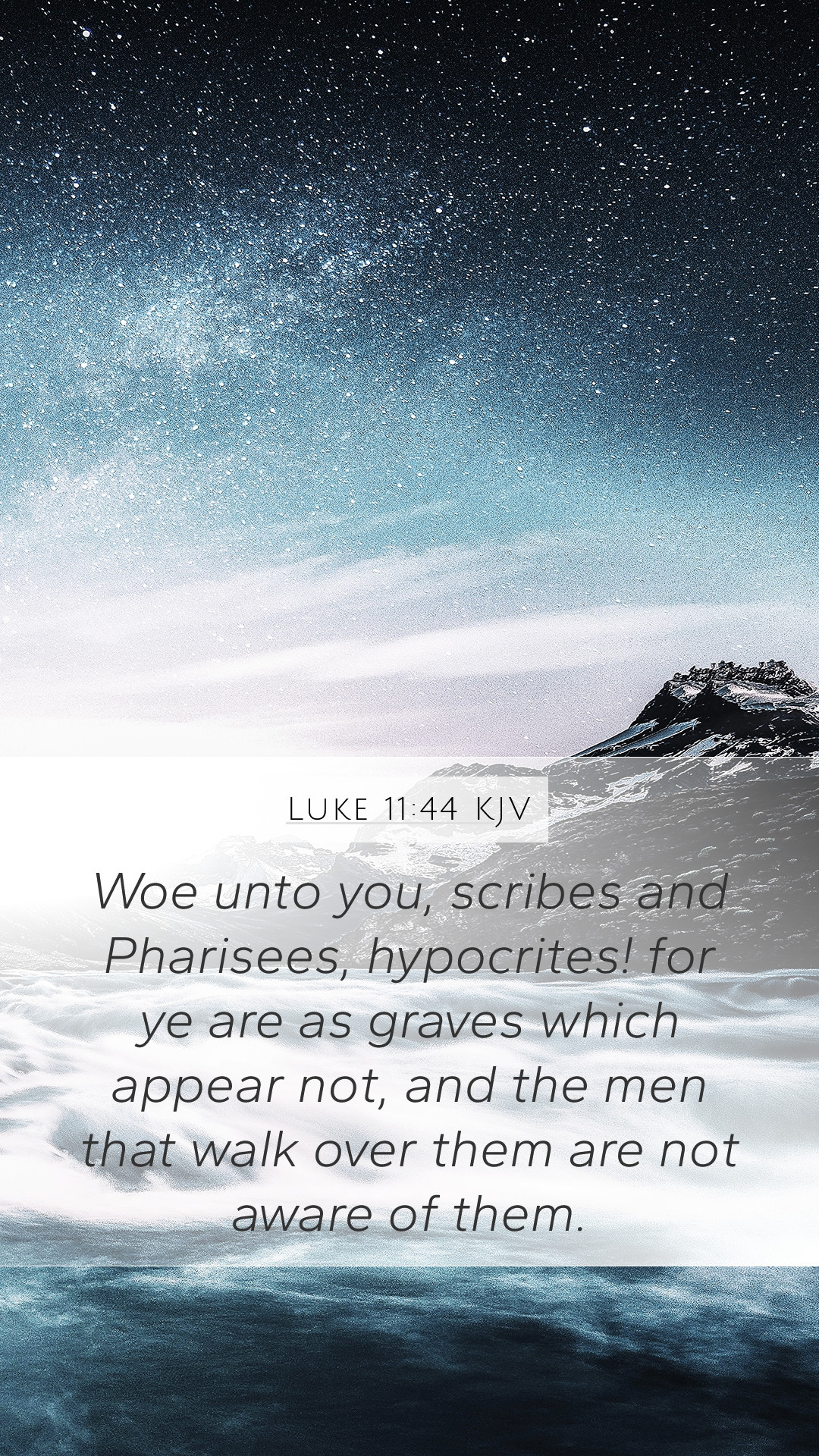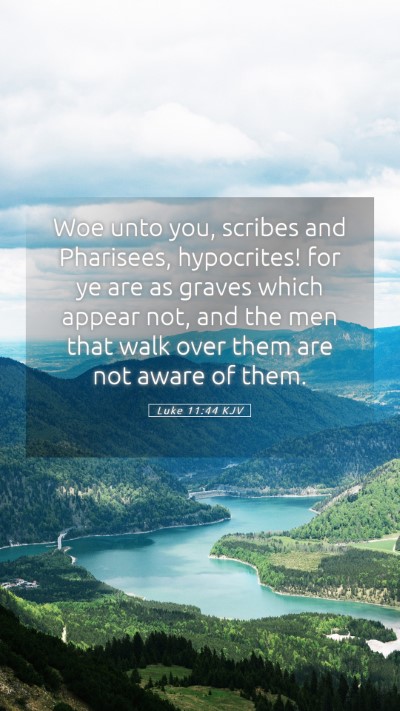Old Testament
Genesis Exodus Leviticus Numbers Deuteronomy Joshua Judges Ruth 1 Samuel 2 Samuel 1 Kings 2 Kings 1 Chronicles 2 Chronicles Ezra Nehemiah Esther Job Psalms Proverbs Ecclesiastes Song of Solomon Isaiah Jeremiah Lamentations Ezekiel Daniel Hosea Joel Amos Obadiah Jonah Micah Nahum Habakkuk Zephaniah Haggai Zechariah MalachiVerse
Luke 11:1 Luke 11:2 Luke 11:3 Luke 11:4 Luke 11:5 Luke 11:6 Luke 11:7 Luke 11:8 Luke 11:9 Luke 11:10 Luke 11:11 Luke 11:12 Luke 11:13 Luke 11:14 Luke 11:15 Luke 11:16 Luke 11:17 Luke 11:18 Luke 11:19 Luke 11:20 Luke 11:21 Luke 11:22 Luke 11:23 Luke 11:24 Luke 11:25 Luke 11:26 Luke 11:27 Luke 11:28 Luke 11:29 Luke 11:30 Luke 11:31 Luke 11:32 Luke 11:33 Luke 11:34 Luke 11:35 Luke 11:36 Luke 11:37 Luke 11:38 Luke 11:39 Luke 11:40 Luke 11:41 Luke 11:42 Luke 11:43 Luke 11:44 Luke 11:45 Luke 11:46 Luke 11:47 Luke 11:48 Luke 11:49 Luke 11:50 Luke 11:51 Luke 11:52 Luke 11:53 Luke 11:54

